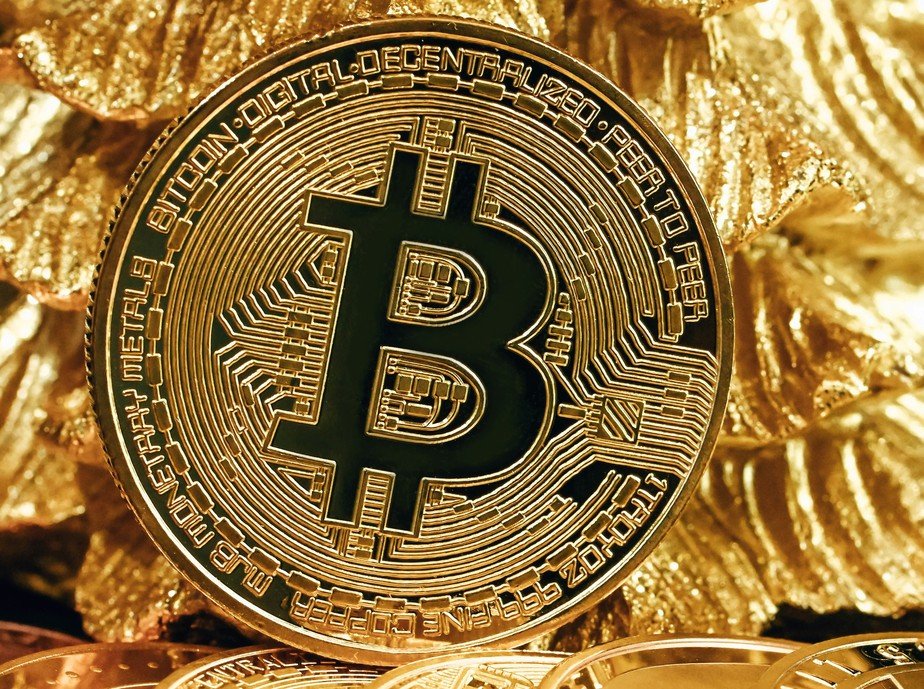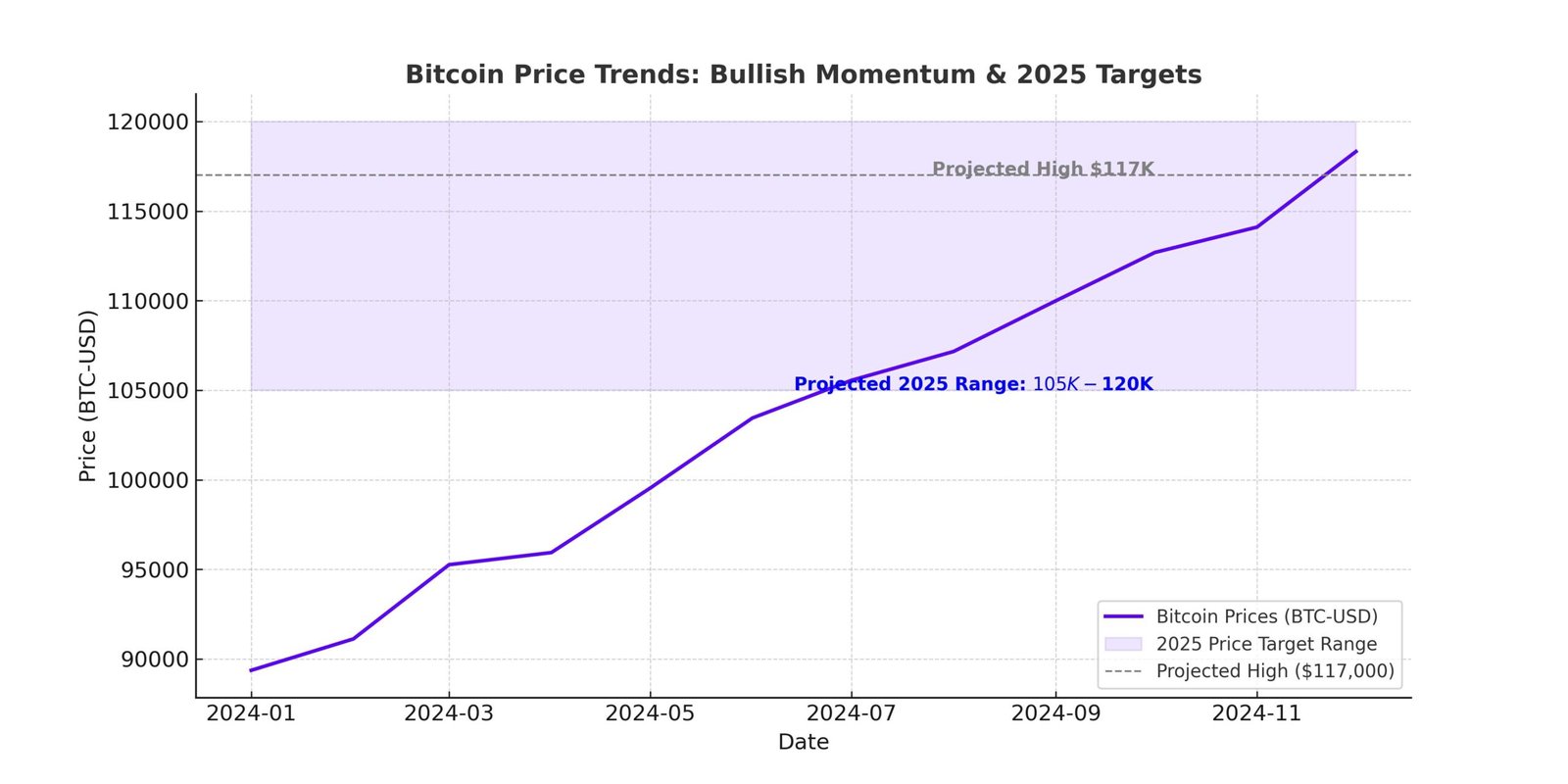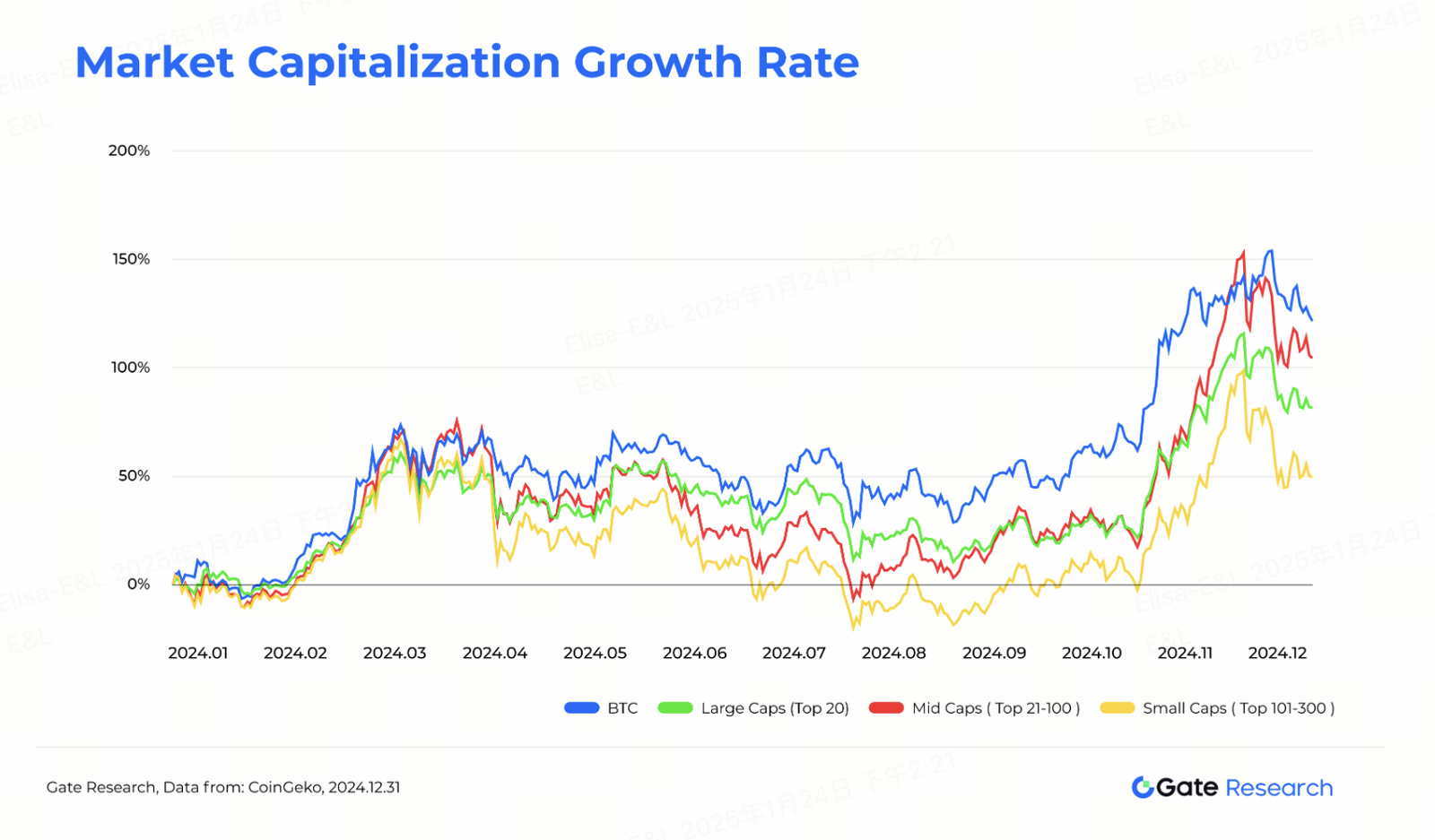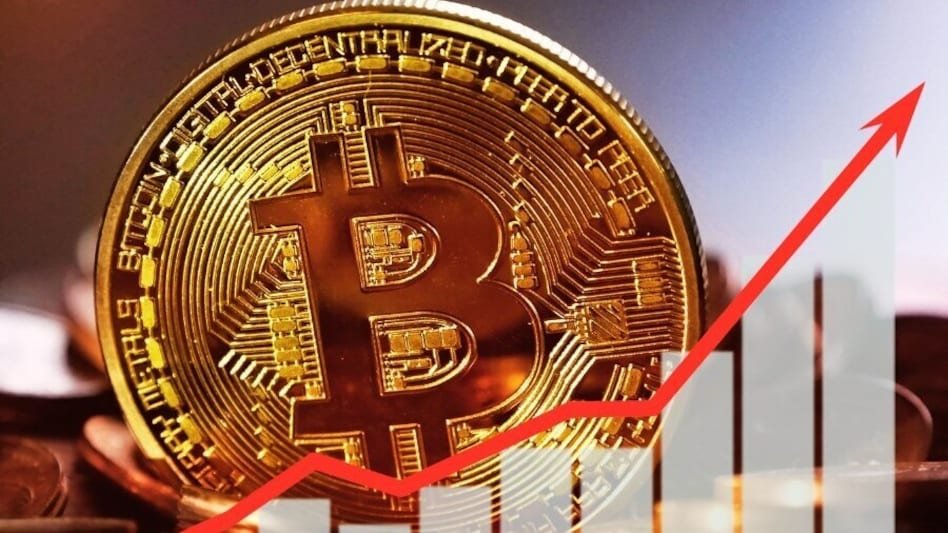Bitcoin’s Meteoric Rise From Skepticism to Record-Breaking ETFs
:max_bytes(150000):strip_icc()/INV_BitcoinIllustration_GettyImages-2158757103-55a742841f634b6cb5865e89b942ab1c.jpg)
Bitcoin has emerged as a financial phenomenon, captivating the attention of investors, institutions, and the general public alike. Over the years, its journey has been marked by volatility, skepticism, and ultimately, acceptance. With recent developments in the ETF market, Bitcoin stands on the precipice of becoming a cornerstone asset for institutional investment. This article delves into the remarkable growth of BlackRock’s iShares Bitcoin Trust (IBIT) and how it symbolizes not just an ETF success story but also a broader acceptance of Bitcoin as a legitimate asset class.
The Transformational Launch of IBIT
:max_bytes(150000):strip_icc()/INV_BitcoinIllustration_GettyImages-2158757103-55a742841f634b6cb5865e89b942ab1c.jpg)
The introduction of the iShares Bitcoin Trust (IBIT) marked a watershed moment in the financial industry. In merely 11 months since its launch, IBIT skyrocketed to over $50 billion in assets, surpassing expectations and breaking records.
The Historical Context of Bitcoin ETFs
The history of Bitcoin ETFs is storied and complex, rooted in the early days of cryptocurrency. Initial attempts by pioneers like the Winklevoss twins faced rejection from regulatory authorities. Their dream was to create a pathway for mainstream investors to engage with Bitcoin, but obstacles loomed large.
Despite consistent refusals from the US Securities and Exchange Commission, the momentum never truly waned. The ambition of digital-asset firms, represented notably by Grayscale Investments, proved pivotal. Their legal battle to secure approval illustrated the increasing determination within the sector to embrace Bitcoin in more traditional financial formats.
The arrival of BlackRock, however, changed the game entirely. With its immense clout and reputation, BlackRock’s entry into the market signaled a seismic shift towards acceptance and legitimization of Bitcoin. The perception of Bitcoin evolved—from being seen as a speculative asset to what many now identify as “digital gold.” This development encouraged a wave of institutional investors to reconsider their stance on Bitcoin.
Unprecedented Growth Metrics
Once operational, IBIT didn’t just grow; it exploded. It quickly amassed more assets than 50 European-focused ETFs combined, some of which had been established for decades. This unprecedented rise drew attention not only for the sheer dollar amounts involved but also for the potential implications for the broader market.
Nate Geraci from The ETF Store remarked on this historic debut, acknowledging that IBIT’s performance eclipses previous ETF launches across all asset classes. This extraordinary growth effectively altered the landscape for both Bitcoin and ETFs, presenting new opportunities for investors looking to diversify their portfolios with emerging technologies.
Moreover, analysts project that at its current asset level and expense ratio, IBIT could generate approximately $112 million annually. This figure underscores how much money can be made from a well-timed and executed financial product—especially one tapping into the burgeoning interest around cryptocurrencies.
Shifting Investor Sentiment Towards Bitcoin
BlackRock’s involvement in the Bitcoin space helped drive prices above the $100,000 mark, an important psychological threshold for many investors. This price surge was fueled not merely by speculation but by growing confidence among institutional investors. The firm’s endorsement acted as a powerful validation of Bitcoin’s legitimacy.
Many previously skeptical individuals began contemplating the viability of adding Bitcoin to their portfolios. The entrance of a respected entity like BlackRock helped bridge the gap between traditional finance and the nascent world of cryptocurrencies, fostering trust and encouraging wider adoption.
Regulatory Landscape and Its Impact on Bitcoin

The regulatory framework surrounding Bitcoin and other cryptocurrencies has been characterized by uncertainty and change. Understanding this landscape is crucial for comprehending the trajectory of Bitcoin investments, particularly in light of recent events.
The Role of Regulators in the Bitcoin Market
U.S. regulators have historically approached Bitcoin with caution. The SEC’s initial rejections of numerous Bitcoin ETF applications highlighted the skepticism that existed within traditional finance. These decisions were primarily driven by concerns about market manipulation, investor protection, and the overall stability of digital assets.
As Bitcoin matured and demonstrated its resilience, the regulatory environment began to evolve. Grayscale’s court victory against the SEC was emblematic of this shift. It showcased an acknowledgment that Bitcoin warranted serious consideration as an asset class worthy of regulatory approval.
This shift was further accelerated by the entrance of major players like BlackRock, whose track record and reputation brought a sense of security to the market. When large firms advocate for regulation, they often pave the way for others to follow suit, thereby creating a more cohesive and stable environment for investors.
The Impact of Institutional Adoption
The commitment of institutional investors to Bitcoin has profoundly influenced its regulatory standing. BlackRock, alongside Fidelity and VanEck, contributed to a cohort of funds that directly invest in Bitcoin. Collectively, these entities hold significant assets, lending credibility to Bitcoin as a legitimate investment vehicle.
With increased pressure from influential financial players, regulators are more likely to establish clearer guidelines for cryptocurrencies. This evolving landscape may foster an atmosphere where innovative financial products can flourish without compromising investor safety.
The emergence of comprehensive regulatory frameworks can potentially mitigate risks associated with investing in digital currencies. Such a transition would allow institutional investors to approach Bitcoin with greater confidence, further driving up demand.
The Challenges Still Ahead
Despite progress, challenges remain. Regulatory agencies continue to monitor the market closely, ensuring consumer protections are in place while balancing the need for innovation. Ongoing discussions regarding the classification and taxation of cryptocurrencies could yield changes that impact the entire ecosystem.
Additionally, the volatile nature of Bitcoin remains a concern for both regulators and investors. While adoption has surged, uncertainties surrounding technological advancements, market dynamics, and geopolitical factors introduce an element of unpredictability.
Recognizing these challenges, both investors and regulators must continue to engage in open dialogues to navigate the complexities of Bitcoin and ensure a balanced approach that promotes growth while safeguarding interests.
The Future of Bitcoin and its Place in Financial Markets

As Bitcoin continues to gain traction, questions arise about its future role in the global financial market. Can it solidify itself as a staple in investment portfolios, or will it remain a niche asset?
Bitcoin as Digital Gold
Increasingly, Bitcoin is being likened to gold—a store of value that transcends economic fluctuations. Just as gold has served as a hedge against inflation and currency depreciation, Bitcoin is garnering attention for its potential as a similar safeguard.
Several factors contribute to this comparison. Bitcoin’s limited supply of 21 million coins creates scarcity, much like the finite nature of gold. Additionally, its decentralized nature allows users to transact without intermediaries, offering advantages over traditional fiat currencies in times of economic turmoil.
However, this analogy isn’t without contention. Critics argue that Bitcoin’s volatility undermines its reliability as a long-term store of value. Yet supporters assert that as institutional adoption grows and the market matures, such volatility may diminish, providing a stronger foundation for Bitcoin as an alternative asset.
Diversification in Investment Portfolios
The incorporation of Bitcoin into investment portfolios has the potential to enhance diversification strategies. By blending Bitcoin with traditional assets, investors may be able to lower overall portfolio risk while achieving favorable returns.
Modern portfolio theory emphasizes the importance of asset allocation in managing risk. As Bitcoin becomes more mainstream, financial advisors may consider it an essential component of diversified portfolios, enabling clients to benefit from its unique risk-return profile.
Moreover, the correlation of Bitcoin with other asset classes—such as equities and commodities—remains a topic of ongoing analysis. Early studies suggest that Bitcoin may exhibit low correlation with traditional markets, making it an attractive option for those seeking to mitigate risk during periods of economic instability.
A New Era of Financial Innovation
The emergence of Bitcoin has ushered in a new era of financial innovation. The proliferation of blockchain technology, decentralized finance (DeFi) platforms, and non-fungible tokens (NFTs) reflects a paradigm shift in how we perceive and interact with financial systems.
As Bitcoin becomes entrenched in institutional portfolios, the excitement surrounding cryptocurrencies is likely to fuel further experimentation and exploration. New financial products, services, and applications are bound to surface, reshaping the investment landscape.
Furthermore, the integration of Bitcoin into traditional finance could prompt a reassessment of legacy financial systems. The ongoing evolution invites opportunities for collaboration between traditional institutions and insurgent fintech companies.
Video

Conclusion

The journey of Bitcoin from a fringe asset to a centerpiece of institutional portfolios has been nothing short of remarkable. The meteoric rise of BlackRock’s iShares Bitcoin Trust illustrates not only the appeal of Bitcoin but also the transformative power of institutional endorsement.
As regulatory landscapes develop and more investors flock to Bitcoin, its role in the financial markets is poised for further expansion. Whether it achieves its status as “digital gold” or finds another niche, Bitcoin has undeniably captured the imagination of both Wall Street and Main Street.
The future holds great promise for Bitcoin, heralding a new chapter in financial innovation and democratization of wealth. Those prepared to ride this wave stand to reap the benefits of a transforming financial landscape.







